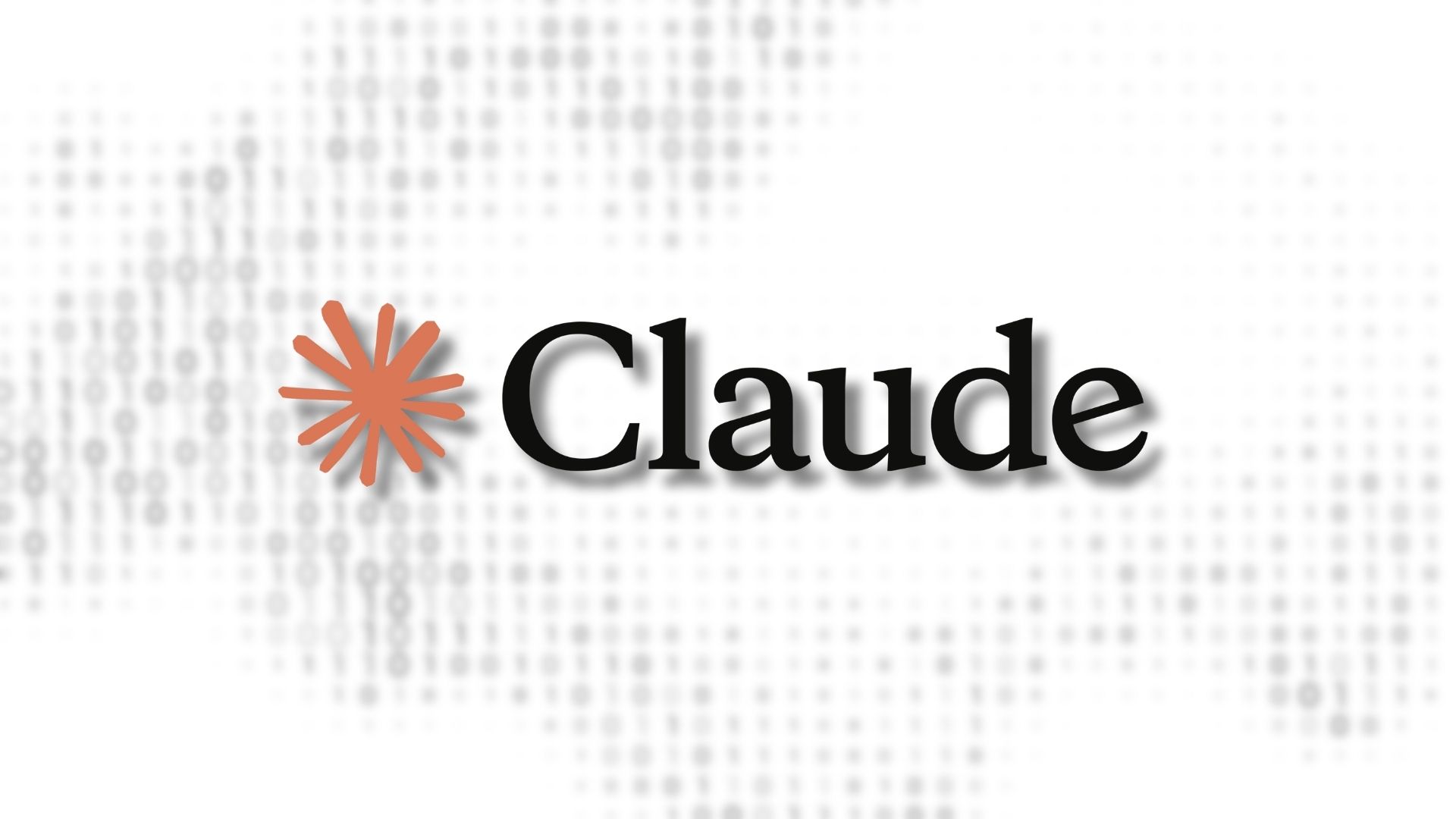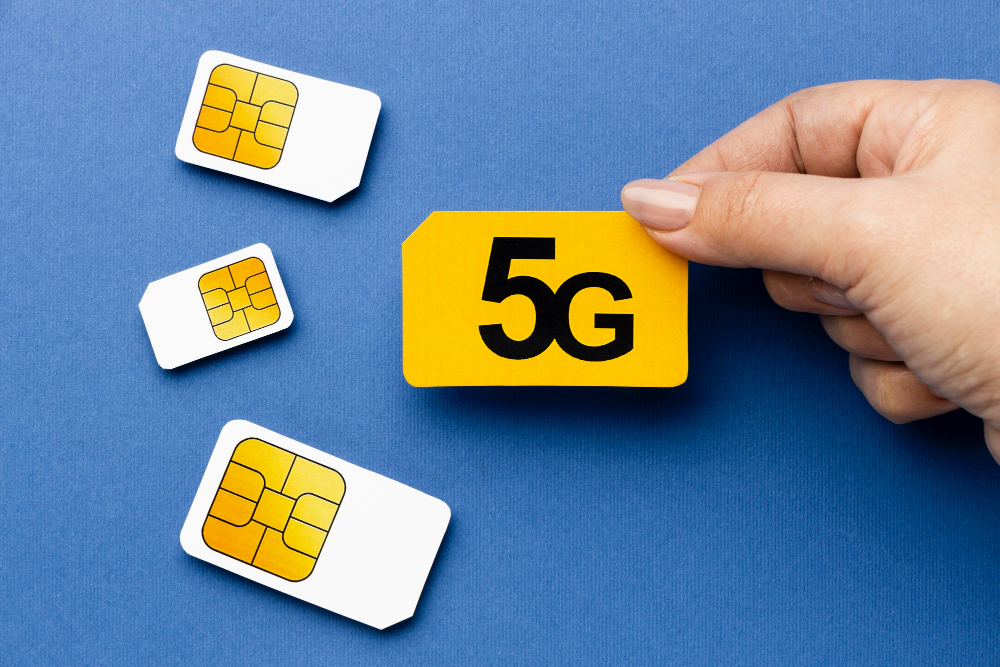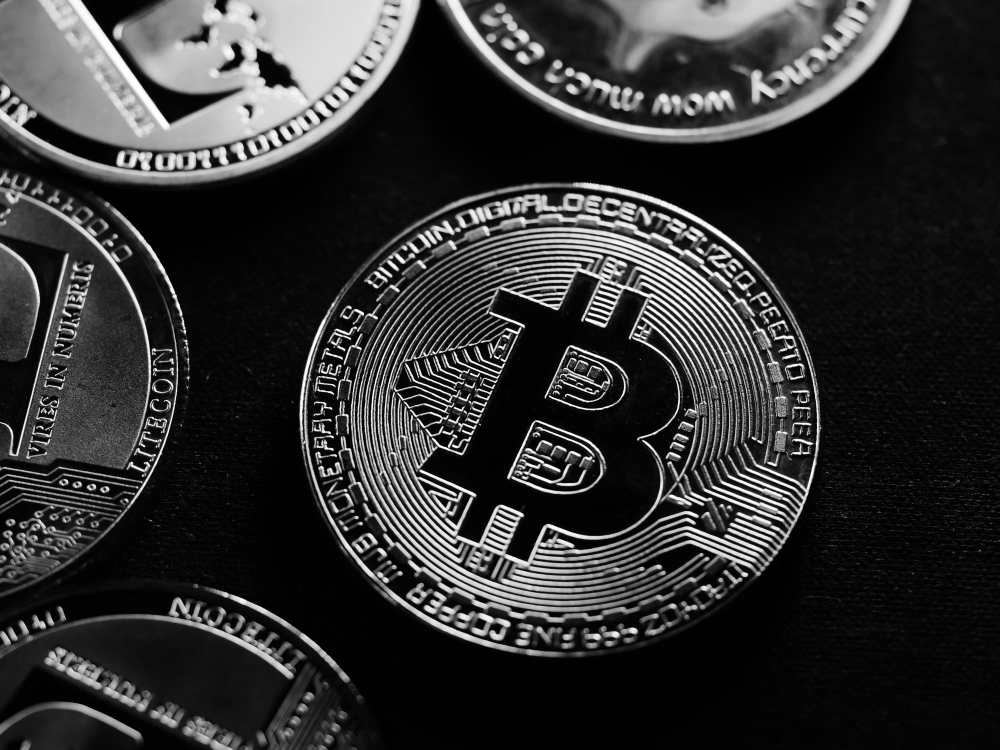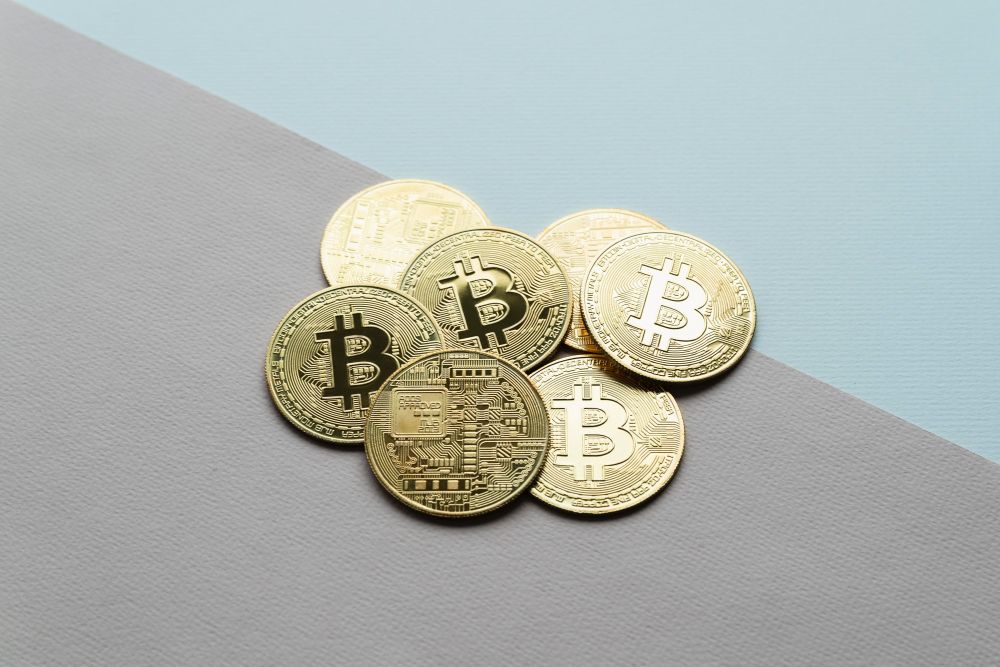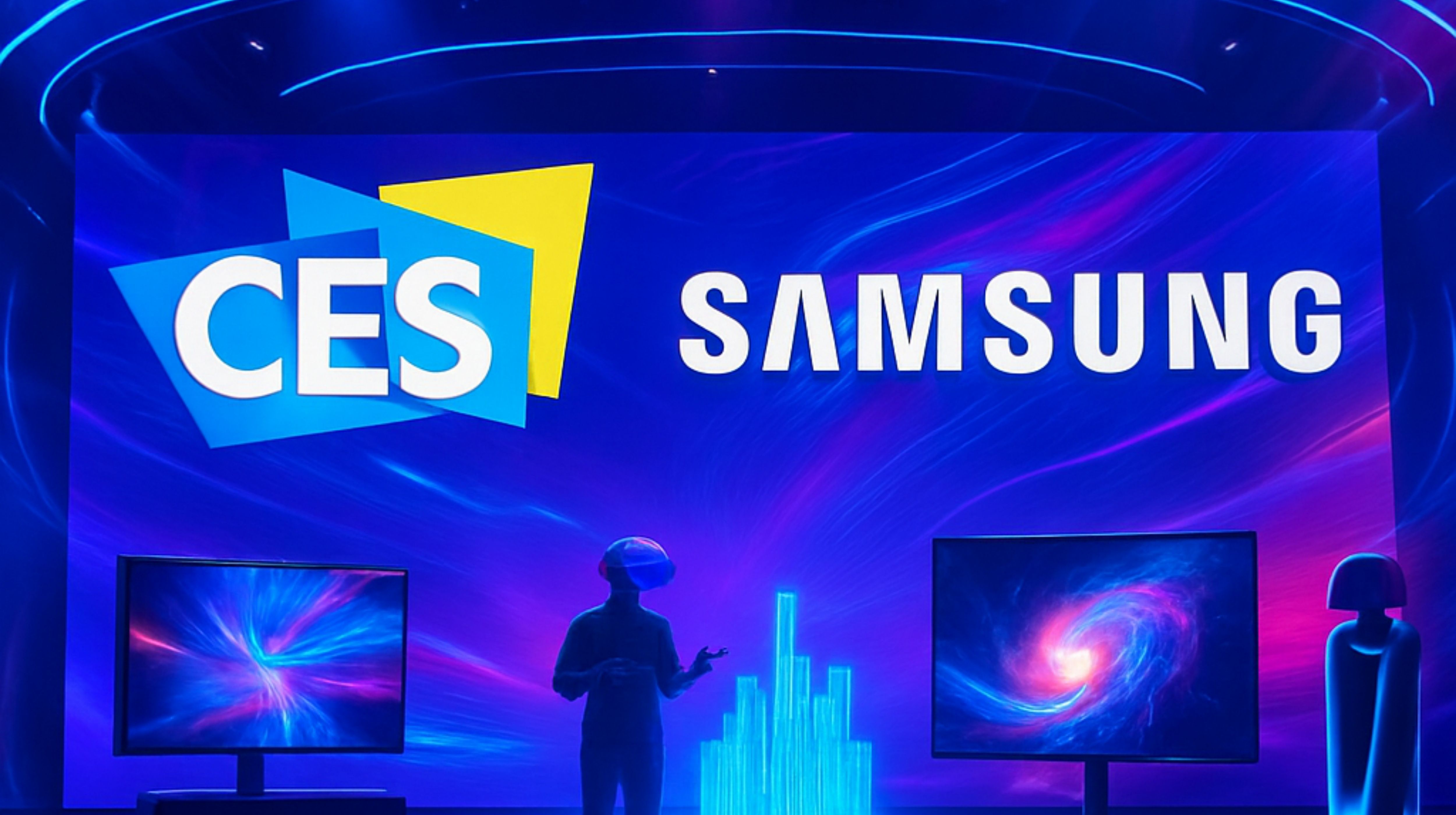Researchers at Microsoft have identified phishing activity that abuses legitimate OAuth redirection behaviour instead of relying on credential theft.
Threat actors create malicious applications within attacker-controlled tenants and configure redirect pages that lead victims from trusted authentication domains to malware-delivery sites.
A technique that has been used against government and public-sector organisations and is designed to bypass email and browser defences by embedding URLs that appear genuine.
The attack begins with lures themed around documents, financial matters or meeting requests, each containing OAuth URLs crafted to trigger silent authentication.
These links intentionally use invalid parameters that trigger an error, prompting the identity provider to redirect the user to the attacker’s infrastructure.
Validation errors, session checks and Conditional Access evaluations provide attackers with information about session status without granting access to tokens, yet still deliver the victim to a malicious landing page.
Once redirected, victims encounter phishing frameworks or are served ZIP files containing shortcut files and HTML-based loaders. These PowerShell commands launch system discovery and extract files used for DLL side-loading.
Executing a legitimate process allows a malicious DLL to load unseen, decrypt the final payload and establish a connection to a remote command-and-control server for hands-on keyboard activity.
Microsoft Entra has removed identified malicious OAuth applications, although related activity continues to appear.
Microsoft emphasises that OAuth redirection follows standards such as RFC 6749 and RFC 9700, meaning attackers cannot exploit normal protocol behaviour instead of software vulnerabilities.
Stronger governance of OAuth applications, tighter consent controls and cross-domain monitoring are required to prevent trusted authentication flows from being turned into delivery paths for phishing and malware.
Would you like to learn more about AI, tech and digital diplomacy? If so, ask our Diplo chatbot!


